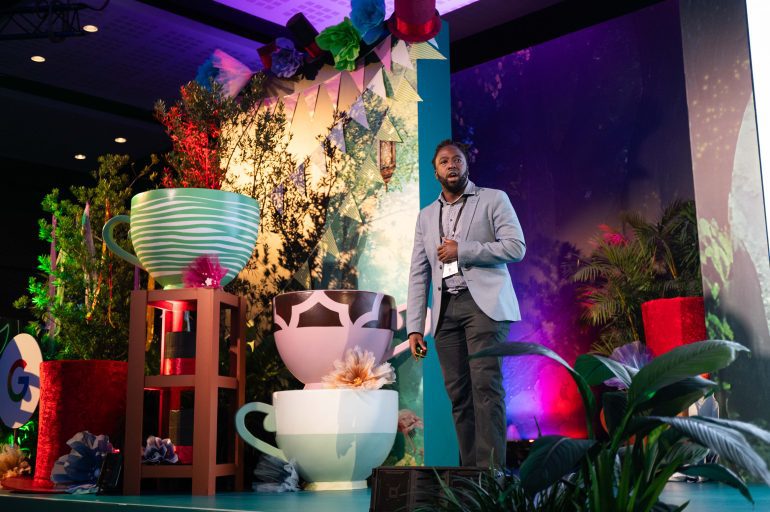Google’s AI in Action 2025 event in Cape Town had all the usual choreography of a Big Tech roadshow. Speeches about inclusion. Promises to uplift communities. A slideshow of kids using computers. You’ve seen this movie before.
But once you strip away the soft lighting and the polished talking points, something interesting remains – signs that Google’s AI ambitions in South Africa are finally growing up.
The most substantial move? A partnership with the Raspberry Pi Foundation and local NGO Edunova to train over 210 000 learners and 4 200 teachers in AI fundamentals. Not with pie‑in‑the‑sky aspirations about machine consciousness, but practical digital skills across five provinces. Google isn’t just parachuting in Chromebooks – this time, it’s laying actual groundwork.
Whether it delivers is another question entirely. But for once, it doesn’t feel like a CSR slide designed to flatter Silicon Valley.
“We believe in the immense potential of AI to transform businesses while uplifting the economy,” said Kabelo Makwane, Google South Africa’s country director. Sounds like a PR line – until you notice the follow‑up: actual programmes, actual languages, and maybe reach.
Language was a big deal this time. NotebookLM, Google’s AI‑powered research tool, now supports isiZulu and Afrikaans. Students can summarise notes in their home tongue. Entrepreneurs can digest market insights in a language they actually use. It’s localisation that actually feels local.
This isn’t localisation for press shots – it’s a nod to the reality that most global tech overlooks. If South Africa is going to play in the AI economy, it can’t require users to switch languages or contexts.
Another quietly useful tool was SynthID Detector, which flags content watermarked with Google’s SynthID system. In an Instagram‑deepfake era, it could give journalists and educators a fighting chance. In practice it’s small, but worth watching.
What stood out at AI in Action 2025 wasn’t just what was announced, but how it was framed. Way less future‑fantasy, more “how do we make this useful now?” Less moonshot, more “Mamelodi Wednesday afternoon”.
That’s a shift – and for a company often accused of driving change from 10 000 km away, it might be a sign that Google is finally willing to meet South Africa on its own terms.
And yes, it’s still Google. The same organisation that disbanded its own ethics team. The same one that pulls products mid‑life. South Africans would do well to keep receipts.
But if you’re a learner trying to study in isiZulu, or a school in Limpopo wondering what AI even means, this is more than a keynote – it’s a crack in the wall.
This isn’t theory. AI is already showing up in South African classrooms — sometimes subtly, sometimes clumsily, but always tellingly. It’s a reminder that tools are already being used in ways that matter—and sometimes worry.
Big Tech doesn’t change overnight. But every now and then, it gets one or two things right. This might be one of those times.


